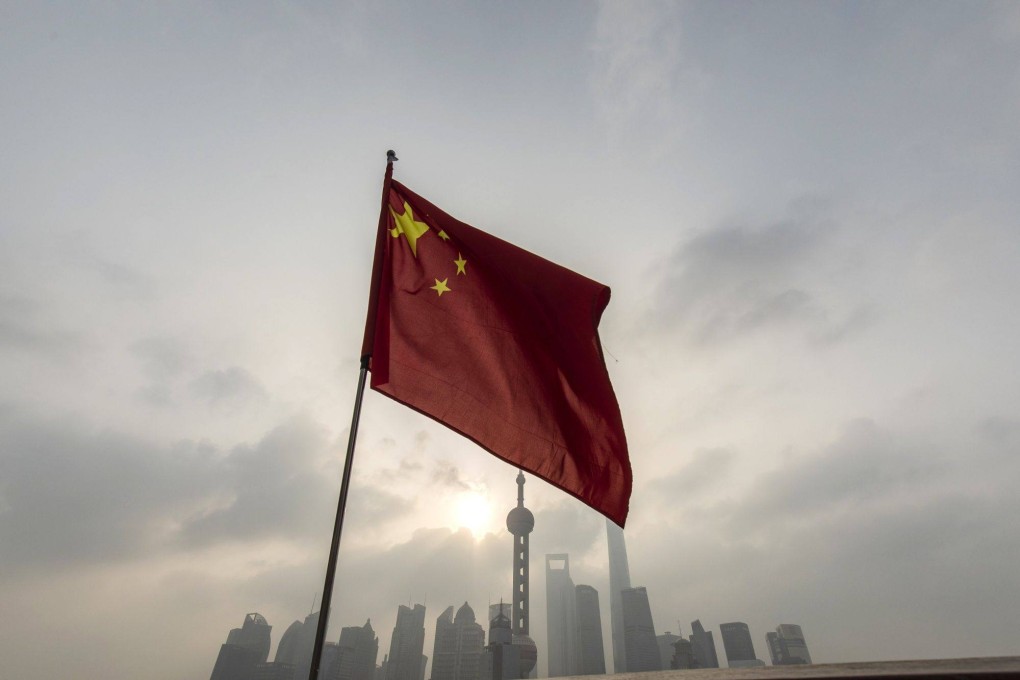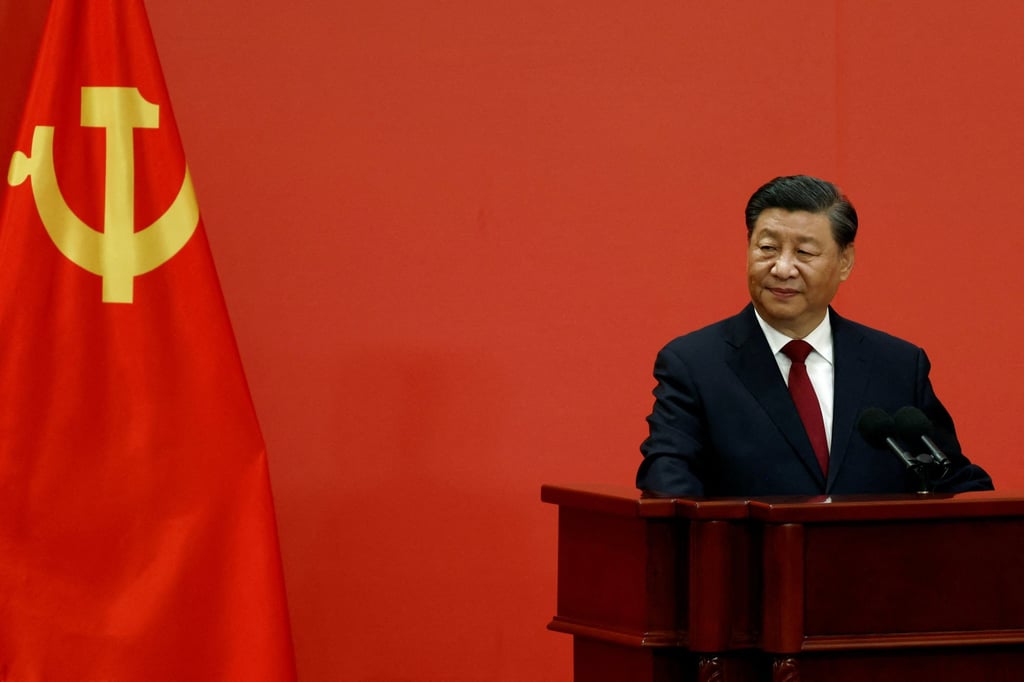China’s financial sector executives face deeper pay cuts as firms heed President Xi’s ‘common prosperity’ push
- Proposals on narrowing the compensation gap between senior and junior staff could be submitted to regulators in the next few months, sources say
- Capping total pay and deferring incentive bonuses for longer periods are among options being considered

At least four of the biggest state-controlled securities firms and asset managers are drafting plans to narrow the compensation gap between senior and junior staff, according to people familiar with the matter, who asked not to be identified as the information is private. Some may submit proposals to regulators in the next few months, the people said.
Capping total pay and deferring incentive bonuses for longer periods are among options being considered, the people said. In Hong Kong, at least two China-backed investment banks are deliberating how to level pay among different ranks but also between their onshore and offshore units, the people added. Compensation levels in Hong Kong have traditionally been significantly higher than in mainland China.

Representatives from the Securities Association of China and the Asset Management Association of China (AMAC) did not immediately respond to requests seeking comment.